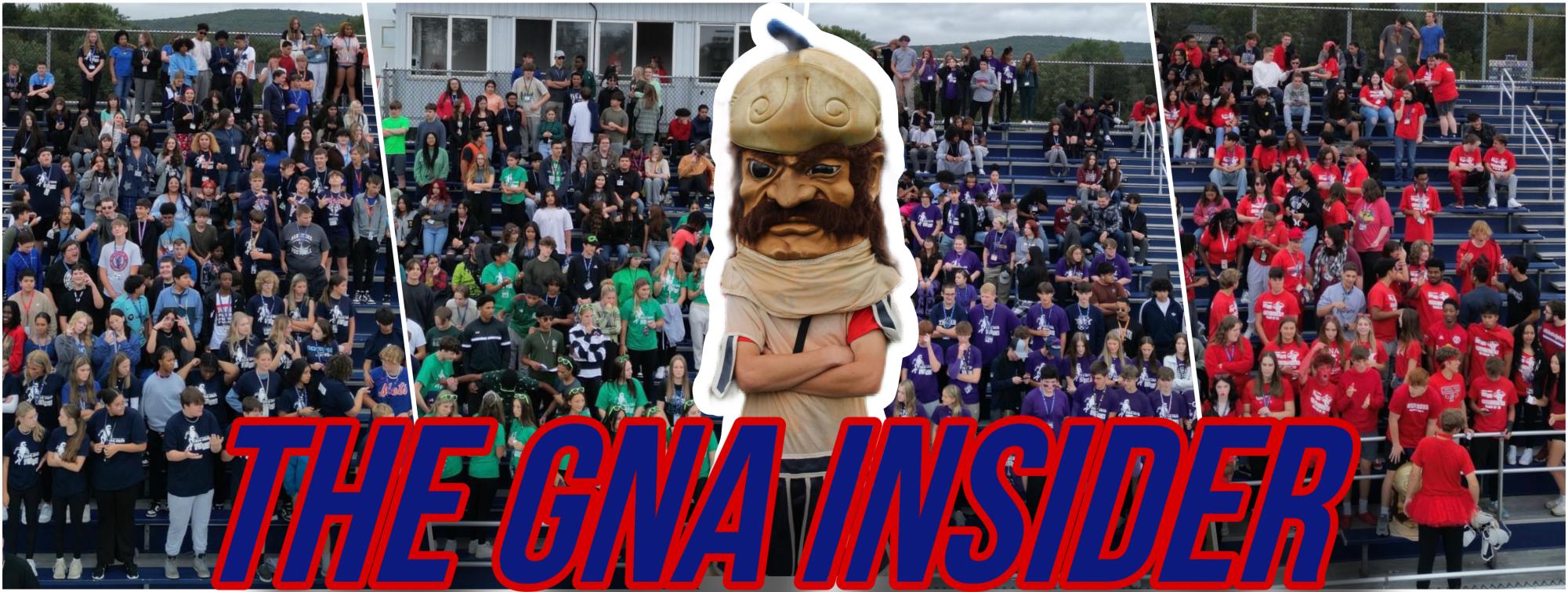Christmas is for…lovers?
Here in America, Christmas is seen as the “holy grail” holiday, with 9 out of 10 millennials celebrating it, according to Pew; however, four out of ten people who celebrate Christmas are not distinctly religious. This may sound crazy, given that Christmas is the celebration of Jesus’ birth, but this is also seen as a giant marketing scheme by many. Many countries celebrate Christmas similarly to Americans, decorating their homes in red and green while playing Christmas music from the moment the temperature drops below fifty degrees. There are, however, three countries in particular which celebrate Christmas a little…differently.
Rather than staying inside to watch the snow fall with your family, exchanging presents and family memories, people in

Japan, China, and South Korea celebrate Christmas as if it is Valentine’s Day—a festivity which these nations also recognize. Lovers celebrate Christmas by shopping together and giving each other gifts. If one does have a lover, it’s not uncommon for them to spend Christmas with your closest friends. In Japan, romance hotels are all the rage during the holiday season, with some customers calling up to three months in advance to reserve a room for Christmas Eve and Christmas Day. These hotels are meant for lovers as well as self-care.
Some credit this difference due to the low percentages of Christians within these countries, especially in China and Japan. In China, only ~2% of the population is Christian, with Japan hovering around the same percentage! However, South Korea is second globally in its number of active Christian missionaries. This urges one to inquire: why do Koreans celebrate Christmas so strangely?
To put it simply, Christmas reached Korea before Christianity did, according to Forbes. In 1945, 2% of South Koreans identified as Christians, although Christmas first became a federal holiday in that year. The hidden commercial meaning of Christmas is often associated with this fact, as Korea was heavily influenced by the West after Japanese colonization ended at the end of World War II.
This may come as a shock to some Americans whose traditional values of every year differ so greatly from the customs described above. However, it is important to remember that every nation’s distinct culture and manner of celebrating this festivity adds an infinite amount of value to the world and a nearly two-millenium-long holiday.

My name is Harley LaRue, and I am currently a senior. This is my third year working for The GNA Insider.
I moved to GNA at the end of the 9th grade...







